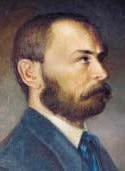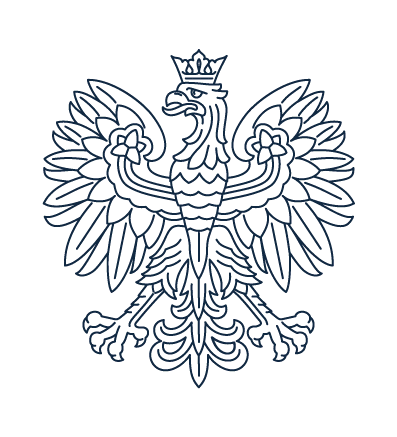Władysław Żeleński 1888-1921
 b Grodkowice n. Kraków 6 July 1837, d Kraków 23 January 1921
b Grodkowice n. Kraków 6 July 1837, d Kraków 23 January 1921
Founder and first director of the Conservatory of the Kraków Music Society (1888-1921)
Composer, pianist and teacher
Władysław Żeleński took music lessons from early childhood. In Kraków, in 1854 he became a student of J. Germasz (piano) and F. Mirecki (composition, vocal studies). His debut as a composer (29th July 1857) took place during a concert organized by the Music School created by Mirecki, where he conducted his Overture. At the same time he commenced philosophical studies at the Jagiellonian University, which were crowned by a doctorate he received at the Karol University in Prague, where from 1859 he studied organ and counterpoint at the Organ School with J. Krejčiego as well as piano with A. Dreyschock. In 1865 he went to Vienna and then to Paris where in the years 1866-70 he studied composition at the conservatory with N.H. Reber and took private lessons from B. Damcke. Upon his return to Kraków, he organized (30th January 1871) his monographic concert and donated the income from this concert for the restoration of the Kraków Cloth Hall; in the same year he married Wanda Grabowska. In 1872 he moved to Warsaw, where he took over the post of professor of harmony after S. Moniuszko at the Music Institute. Among his students were M. Biernacki, G. Roguski, A. Rutkowski, R. Statkowski and I.J. Paderewski. In 1878 he was elected for a post of the artistic director of the Warsaw Music Society (WTM). In July 1881 he settled in Kraków as harmony and counterpoint professor at the Kraków Music Society School. On 23rd December 1881, in the 293rd issue of Czas periodical, he announced the plan of creating a music conservatory in Kraków. He realized the plan thanks to the patronage of Duchess Marcelina Czartoryska; on 1st February 1888, Kraków Music Society School was transformed into a Conservatory with Żeleński as its director as well as theory, organ and advanced piano teacher. The want of both subventions and of personnel (initially 8 members) did not allow Żeleński to develop the institution’s activities as a basis for the prospective foundation of an opera and symphonic orchestra in Kraków. Piano teaching, carried on by B. Domaniewski and J. Lalewicz became – and remained to the end – the domain of the Conservatory; apart from that, until 1913, violin, cello, organ and vocal studies were continually taught, woodwind instruments were sporadically taught as well. Żeleński attended to the development of the institution which, after having moved to the Teatr Stary [The Old Theatre] building in 1905, in 1913 had 20 teachers and 490 students. However, he was forced to battle with the incompetent board of the Music Society which was the owner of the Conservatory. He also made efforts to make the Conservatory an independent unit, but those endeavors were interrupted by the outbreak of the World War I, during which Teatr Stary was converted into a military hospital. Żeleński’s authority allowed for the teaching to be continued in the temporary location on 28 Aleje Krasińskiego.
As a teacher, Żeleński was strict and demanding. Among his students in Kraków were H. Opieński, F. Szopski, Z. Stojowski, B. Wallek-Walewski (theory) as well as K. Garbusiński and Sz. Profic (organ). He prepared the most talented of his students for composition studies, however he himself did not teach composition.
Żeleński came to Kraków as a composer already renowned for his Symphony (1871) overture In the Tatra Mountains (1872), 3 string quartets, Piano Trio, numerous piano pieces and songs. Many of his works were published by prestigious publishing houses in Germany and Italy. In Krakow, he wrote 4 operas: Konrad Wallenrod (1884), Goplana(1896), Janek (1900), Stara baśń (1906), Piano Concerto in E flat major Op. 60, Piano Quartet in C minor Op. 62 and Symphony No.2 (1912), as well as numerous occasional works, especially cantatas intended for patriotic celebrations. His fame as a composer made the conservatory – which he led for 33 years – a prestigious institution. However, nowadays only a few of his works are part of the general repertoire (opera Goplana, In the Tatra Mountains overture, some of his songs) and many of his works are now lost. Żeleński’s style is characterized by solemnity, lyricism, sometimes pathos – categories typical for the general mood of Polish art of the period after the January Uprising.
Maciej Negrey






